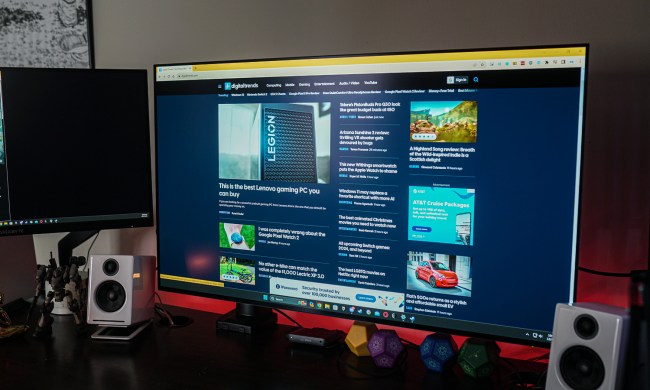The tool, known as Kahawai, uses “collaborative rendering” to reduce data usage. Rather than having computations performed on a remote server, some computational work is completed on the device itself. As an example, the mobile device will sketch each frame, while the remote server is tasked with filling in the fine-grained details, according to Duke Today.
“You essentially get the same gaming experience, but you save a lot of data,” Landon Cox, one of the Kahawai developers, told Duke Today.
High-resolution games available for mobile devices such as smartphones and tablets, are playable through a process known as cloud gaming. This means that every time you input a move, it’s sent over the Internet to a remote server — your device doesn’t have to do any of the work.
In order for cloud gaming to operate flawlessly, though, data needs to be quickly eaten up in transmitting your gaming moves to the server. This creates an obvious problem: Within a few hours of play on your mobile device, your data limit may be reached.
In Kahawai testing, 50 gamers were able to play games for two hours a day without hitting any snags or showing a difference in response time. This could eventually become a viable solution for gamers, but they wouldn’t be the only ones to benefit from Kahawai.
Cox went on to say that gaming is simply a natural place to start in understanding the inner workings of collaborative rendering. In the future, everything from 3-D medical imaging to computer design software could eventually benefit from the technology.


